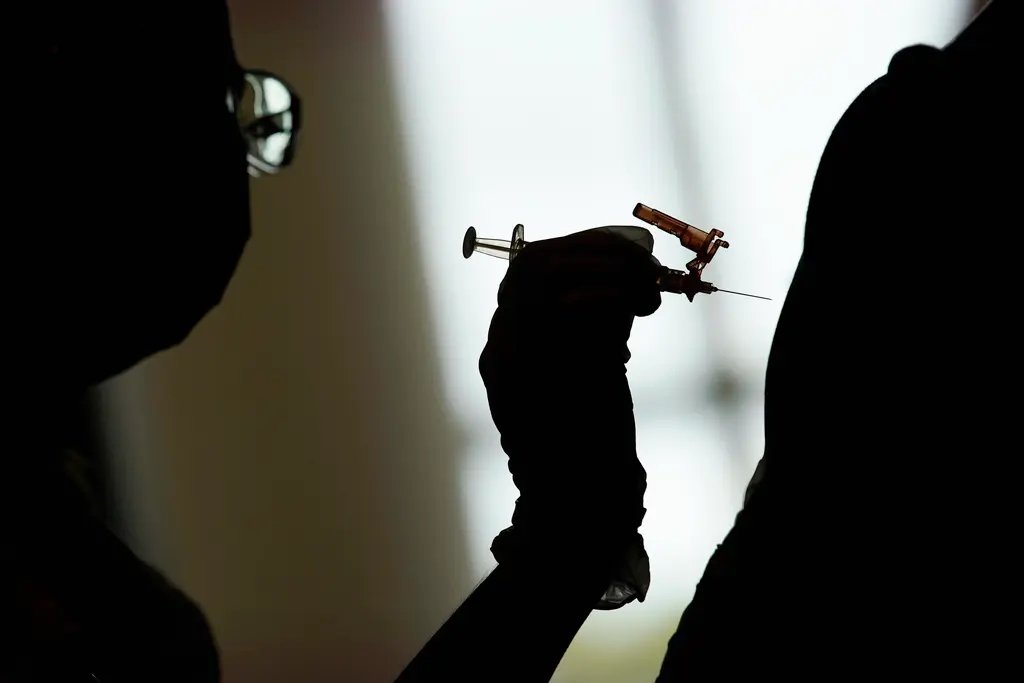The World Health Organization (WHO) has sounded an alarm over the persistent threat posed by COVID-19, highlighting the steady global spread of new variants of the virus. Maria Van Kerkhove, the WHO’s acting director for the prevention and preparedness of pandemics, emphasized the ongoing risk of SARS-CoV-2, the virus causing the pandemic, stating, “The virus is spreading in every country right now and still poses a threat.” This statement was made during a social media discussion hosted by the organization.

Picture of Coronavirus COVID-19 (Expressive)
As of now, three new concerning variants (XBB.1.5, XXB.1.16, and EG.5) have been identified, along with six others under close monitoring, though they have not yet reached a level of significant concern. One of these six variants, BA.2.86, is being elevated to a higher level of concern due to its increasing detection globally. However, Van Kerkhove noted, “We don’t see a change in its severity” compared to other subvariants, but a “slow and steady increase in its detection worldwide” has been observed.
Live Q&A on #COVID19 and flu with Dr @mvankerkhove. #AskWHO https://t.co/mZvLxLMcT0
— World Health Organization (WHO) (@WHO) November 21, 2023
The WHO is also publishing a new risk assessment for the variant EG.5, which currently represents about half of the shared global sequences. No change in its severity has been reported so far.
The COVID-19 pandemic has had devastating impacts, causing millions of deaths and widespread social and economic disruption. The WHO declared a public health emergency of international concern on December 30, 2020, which was later lifted on May 5 this year.
In addition to infection and acute illness, the WHO is also concerned about the long-term effects of the virus, known as long COVID or post-COVID conditions. Van Kerkhove affirmed, “We have evidence that vaccination against COVID-19 actually reduces the risk of post-COVID conditions.” To date, approximately 13.5 billion COVID-19 vaccines have been administered worldwide.

With the simultaneous risk of influenza and SARS-CoV-2 infections, particularly in the Northern Hemisphere with the approaching winter, Van Kerkhove urged people to get vaccinated against both.

